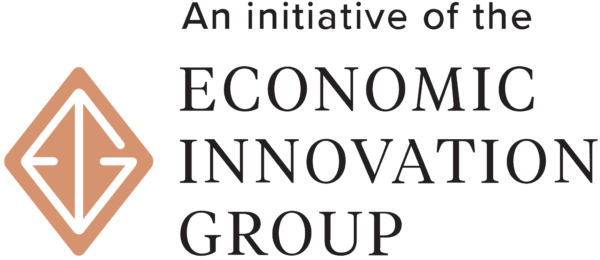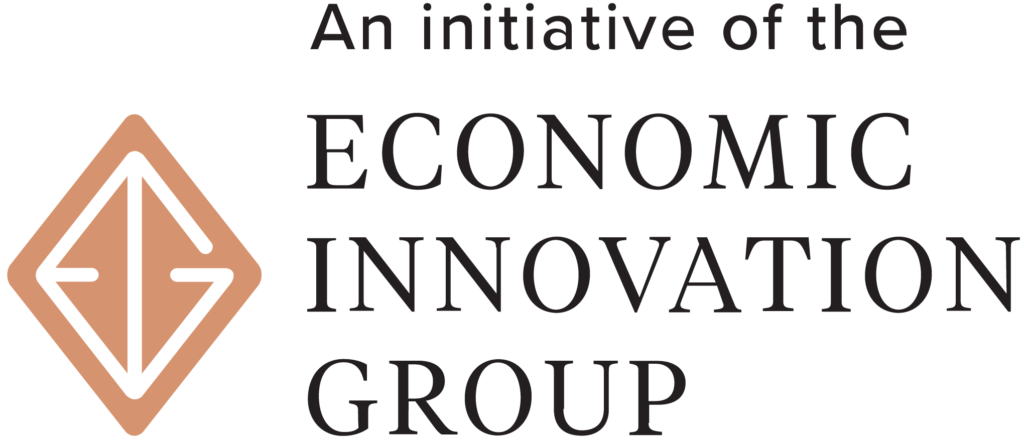Recent survey finds vast majority of Republicans and Democrats are concerned about retirement security
Washington, D.C. – The Economic Innovation Group (EIG) applauds the new bipartisan, bicameral congressional working group announced today focused on boosting retirement security for millions of low- and middle-income American workers. Led by Senators John Hickenlooper (D-CO) and Thom Tillis (R-NC), and Representatives Terri Sewell (D-AL-7) and Lloyd Smucker (R-PA-11), the group aims to develop policy solutions to improve access to well-designed savings plans and incentives for underserved workers.
According to a recent EIG survey conducted by Echelon Insights, the vast majority of voters (81 percent) are concerned about retirement security, with those concerns shared by both Democrats (86 percent) and Republicans (76 percent). In addition, only 42 percent of those polled believe that the next generation will be financially better off than their own.
“EIG applauds the formation of the bipartisan, bicameral congressional working group focused on making much-needed improvements to the U.S. retirement system,” said EIG President and CEO John Lettieri. “While the current system works well for many Americans, it is simply not designed to encourage savings, reward work, or boost financial security for the tens of millions of low- and middle-income workers who lack access to an employer-sponsored retirement plan and see no benefit from the tax code’s current incentives for retirement savings. Enacting better-targeted retirement policy is one powerful way to ensure that all American workers have a direct stake in the rewards of national economic growth.”
Currently, the median net worth for the bottom 25 percent of American families is only $310, and the median retirement savings balance for the bottom 50 percent of American families is $0. Roughly half of households risk seeing a decline in their standard of living in retirement.
The working group announcement was also praised by a bipartisan pair of economists Kevin Hassett and Teresa Ghilarducci, who co-authored an EIG white paper last year highlighting the need for federal retirement policy to better support low-income workers. In it, they propose creating a new program modeled after the highly successful Thrift Savings Plan (TSP) for federal workers.
“Government policy has successfully helped millions of Americans save for their golden years but for many, unfortunately, a secure retirement still remains out of reach,” said former Chairman of the Council of Economic Advisers and Distinguished Visiting Fellow at the Hoover Institution Kevin Hassett. “All Americans deserve to be rewarded for their work and given a direct stake in the success of our free-market economic system so that they can grow a nest egg for themselves and for future generations. This bipartisan working group can help level the retirement playing field by increasing incentives and helping to provide benefits for all workers, regardless of their income level or the size of their employer.”
“Retirement security is important for the health and happiness of all Americans, but historically has been hardest to achieve for low- and middle-income workers,” said Professor Teresa Ghilarducci, a labor economist at the New School and leading expert on retirement security. “I applaud this bipartisan working group of members of Congress for coming together to bridge the policy gaps in our current retirement system and ensure that underserved workers have access to both the financial tools and the incentives required to build savings for the long run and retire with dignity.”
Explore the joint congressional working group statement which seeks to address these challenges here, and the findings from the national voter survey here.
About the Economic Innovation Group (EIG)
The Economic Innovation Group (EIG) is a bipartisan public policy organization dedicated to forging a more dynamic and inclusive American economy. Headquartered in Washington, DC, EIG produces nationally-recognized research and works with policymakers to develop ideas that empower workers, entrepreneurs, and communities.




